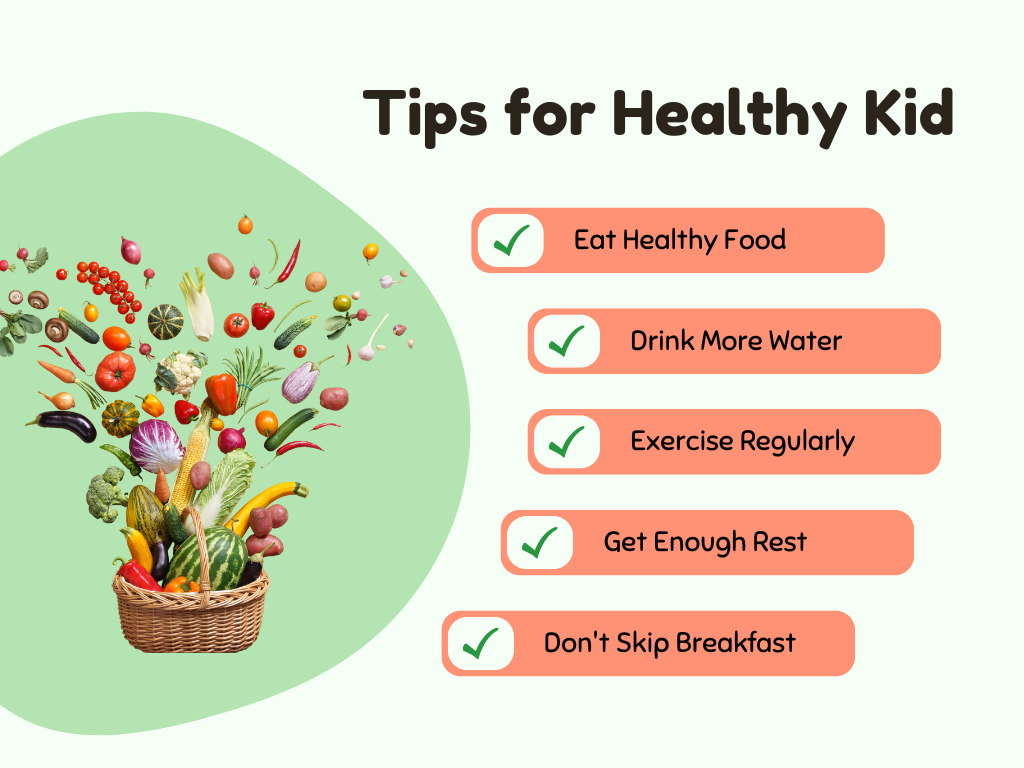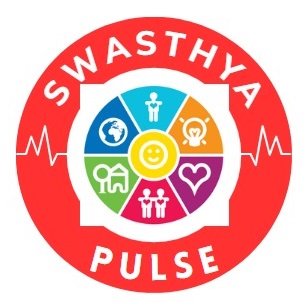What is Healthy Eating?
Healthy eating is vital for your child’s growth, development, and overall well-being. It helps them feel energetic, concentrate better, and build strong bones and immunity. A nutritious diet in childhood also reduces the risk of chronic illnesses like obesity, type 2 diabetes, heart disease, and even some types of cancer later in life.
To stay healthy, children need to:
Eat a balanced diet rich in essential nutrients
Stay active and burn off the energy they consume
What Foods Should Be in My Child’s Diet?
According to the Australian Dietary Guidelines, children should enjoy a wide variety of foods from five main food groups:
Fruits – Fresh, seasonal, and whole
Vegetables, Legumes & Beans – A rainbow of colors for maximum nutrition
Grains – Wholegrain breads, brown rice, wholemeal pasta, oats, and cereals
Lean Meats & Alternatives – Poultry, fish, eggs, tofu, nuts, and legumes
Dairy & Alternatives – Milk, cheese, and yoghurt
Tip: Under 2 years – full-fat; Over 2 years – mostly reduced-fat options
Limit foods high in saturated fat, added sugar, or salt. And when it comes to drinks, water is always the best choice.

How Can I Encourage Healthy Eating Habits?
Developing healthy habits early sets your child up for lifelong wellness. Here are some easy ways to promote good eating habits:
👨👩👧👦 Eat together as a family – without screens
🍓 Make food fun – use cookie cutters to shape sandwiches or fruit
🥕 Offer variety – try different seasonal fruits and veggies
🌾 Explore food origins – talk about how food is grown or made
🛒 Involve your child – let them help with shopping and cooking
🚫 Limit junk food at home
🍎 Keep healthy snacks visible – like a fruit bowl on the table
Which Foods Should Be Limited?
Some foods, known as discretionary foods, are high in unhealthy fats, sugar, and salt. While an occasional treat is okay, frequent intake can lead to health problems like weight gain and chronic disease.
Examples of foods to limit:
Cakes, biscuits, and pastries
Ice-cream, lollies, and chocolate
Fast foods like pizza, burgers, and fried snacks
Processed meats and sausages
Soft drinks, energy drinks, and sugary cordials
Chips, butter, and cream
Tips to reduce these:
Use healthy fats like olive oil, avocado, and nut butters
Read labels and pick low-sodium products
Avoid adding salt to meals
Choose water over sugary drinks
What If My Child Has a Food Allergy or Intolerance?
If you suspect your child is having a severe allergic reaction, call triple zero (000) immediately.
Children with food allergies or intolerances (like lactose intolerance) may need a special diet, but they can still enjoy a balanced and nutritious range of foods. Consult with a doctor or a dietitian to ensure they’re getting all the nutrients they need safely.
Promoting healthy eating habits early makes it easier for kids to make smart food choices as they grow. With a little planning and encouragement, healthy eating can become a joyful and natural part of everyday life.


